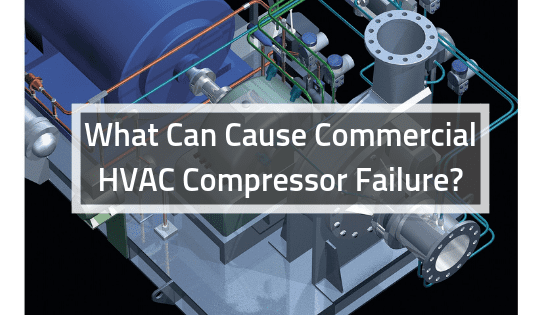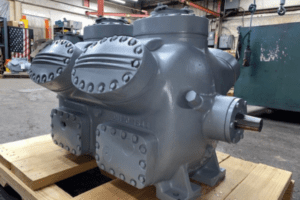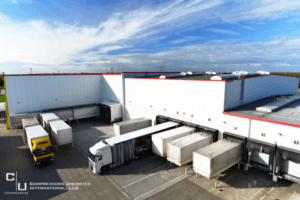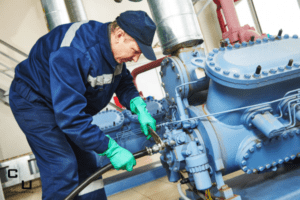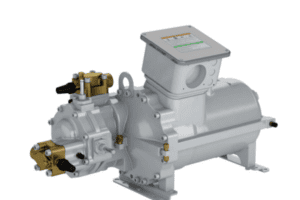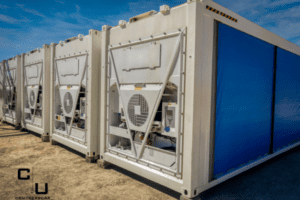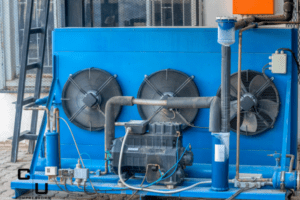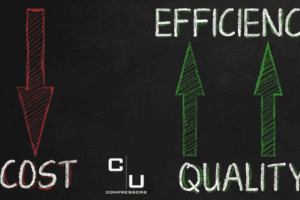If you have dealt with a failing commercial HVAC compressor, you might be wondering why this keeps happening to you. In most cases, HVAC compressors are built to last for many years, but the environment, maintenance schedule, and other factors could shorten their lifespan considerably. Here are a few of the main causes of commercial HVAC compressor failure that you should be watching for:
Low Refrigerant
Low refrigerant is a leading cause of commercial HVAC compressor failure. Over time, your system can develop tiny pinhole leaks that allow the refrigerant to escape. You may not even notice that this is happening except that your system becomes less and less efficient. Eventually, the compressor will start wearing itself out trying to make up for the lack of refrigerant until it can no longer move air. Checking your refrigerant is an important part of your bi-annual maintenance plan.
Dirty Coils
Dirty coils are another common, but preventable, cause of compressor failure. As dust and dirt build up on the outside of your commercial AC coils, they become less efficient at transferring heat away from the unit. When that heat gets trapped in the system, the compressor stays on continually in an attempt to cycle the refrigerant faster. The more the compressor runs, the hotter things get, and eventually, the compressor fails altogether.
Bad Suction Lines
Suction lines are very important to keeping your commercial HVAC system in balance. They control how much pressure there is on either side of the compressor unit. If your suction lines are leaking, you could be losing refrigerant and creating a low-pressure spot in the system that your compressor can’t handle. On the other hand, if you have suction lines that are the wrong size or clogged, you could have excessive pressure building up on the wrong side of the compressor, causing it to overheat and become damaged. Experienced HVAC technicians know how to determine the correct size and type of suction lines to keep your commercial compressor healthy.
Bad Refrigerant Refilling
Perhaps you thought it was a good idea to refill your HVAC refrigerant on your own. How hard could it really be? Unfortunately, HVAC refrigerants are complex and knowing exactly how much and what type of refrigerant to add is important. Different types of refrigerant have different rates of compression, different weights, and different lubricating properties. If you add too much or add the wrong type of refrigerant, your commercial compressor will not be able to function normally. This is especially true if you mix refrigerant types because the lubricants may separate and can damage your compressor further.
Low Oil
Like any motorized part, your HVAC compressor uses oil to move smoothly. When the oil level is running low, your compressor parts will begin rubbing against one another. With each revolution, tiny bits of metal are shaved off and let loose in the system. This debris then flows around and causes even more damage on each successive pass. Meanwhile, the added friction of operating without oil causes the compressor to overheat until it seizes up.
These are just five reasons that HVAC compressors fail regularly. As you can see, they can all be prevented with regular maintenance and inspections. Inspecting for proper refrigerant level and leaks in your suction line should be done by a trained professional who can address the system with specialized tools if necessary. On the other hand, keeping your coils clean and your oil in the normal operating range are tasks that can be done by your maintenance team with relative ease. If you are unsure how to do these things, ask your commercial HVAC contractor to show you.

